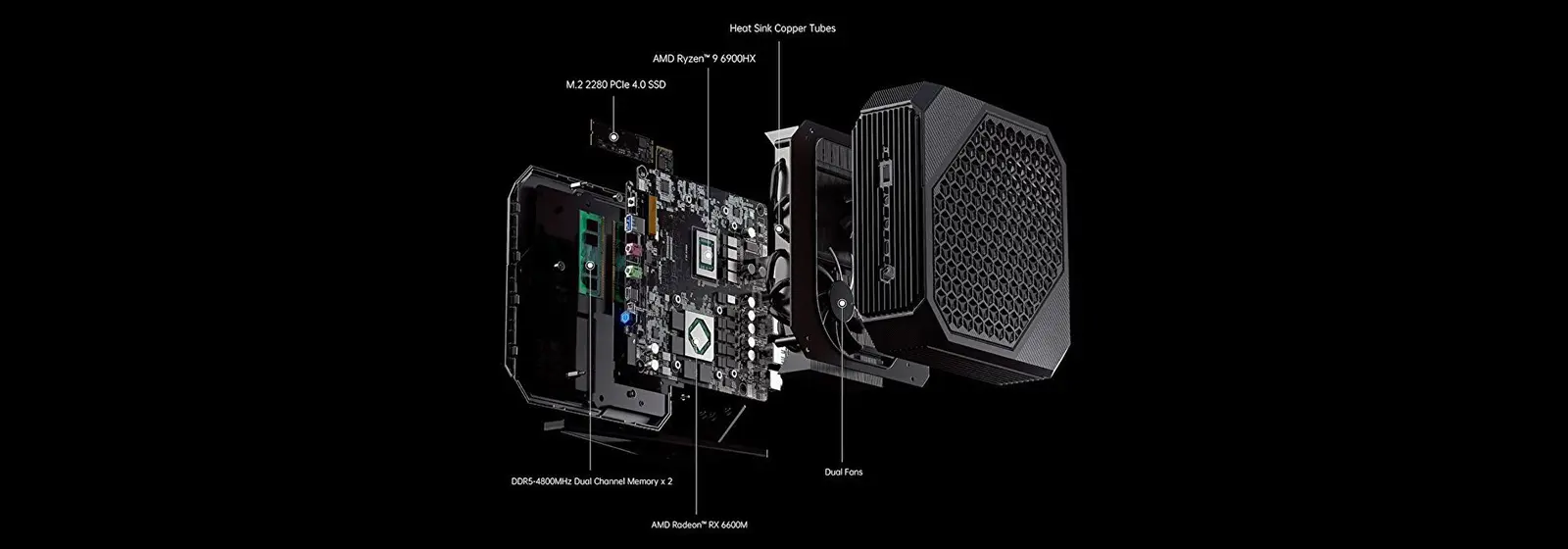
OEM Compact Desktop
In the industrial field, mini hosts are widely used due to their small size and stable performance. The following are the general industrial requirements for mini hosts and corresponding solutions:
Industrial requirements for mini hosts
1. High reliability and stability: The industrial environment is complex and diverse, and there may be harsh conditions such as high temperature, low temperature, humidity, dust, vibration, etc. Mini hosts need to operate stably for a long time in such an environment, and cannot frequently fail to ensure the continuity of industrial production. The biggest worry of automation equipment is the failure or instability of the instrument, which will cause considerable losses.
2. Powerful computing performance: With the development of industrial automation and intelligence, a large amount of data needs to be processed in the industrial production process, such as data collected by sensors, image recognition data, etc. This requires the mini host to have sufficiently powerful computing performance and be able to quickly process this data to meet the needs of real-time control and decision-making. Assume that in an intelligent storage system, the mini host needs to achieve operation and storage at the fastest speed.
3. Rich interfaces: In order to meet the needs of industry, there must be a lot of interfaces to connect and manage various devices. Common interfaces include USB, RS-232, RS-485, Ethernet interface, GPIO interface, etc. Our common Ethernet can realize industrial network connection and data transmission, etc.!
4. Good heat dissipation performance: In an industrial environment, the mini host may run at high load for a long time and generate a lot of heat. If the heat dissipation is poor, the host performance will decline or even fail. Therefore, a good heat dissipation design is required to ensure that the host can work normally in a high temperature environment.
5. Data security: Data in industrial production often involves the core competitiveness and commercial secrets of the enterprise, such as production process data, product design data, etc. The mini host needs to have strong data security protection capabilities to prevent data leakage and malicious attacks.
6. Scalability: With the development of industrial production and technological advancement, enterprises may need to upgrade and expand existing equipment. The mini host should have a certain degree of scalability and be able to easily add hardware modules such as memory, hard disk, expansion card, etc. to meet the changing needs of the enterprise.
Corresponding solutions
1. Use industrial-grade hardware: Select industrial-grade processors, memory, hard disks and other hardware components to improve the host's anti-interference ability and stability. For example, using industrial-grade hard disks with a wide temperature range can work normally in an environment of -40℃ to 85℃; using reinforced memory has better anti-vibration and anti-interference performance.
2. Optimize heat dissipation design: Use efficient heat dissipation technology, such as copper tube heat dissipation, fan heat dissipation, passive heat dissipation, etc. to ensure that the host can effectively dissipate heat when running under high load. For some industrial environments with strict requirements on noise, passive heat dissipation design can be used to avoid noise generated by the fan.
3. Customize interface configuration: Customize the interface configuration of the mini host according to the specific needs of the customer. The number of certain interfaces can be increased or decreased, or special interface types can be provided to meet the connection requirements of different industrial equipment.
4. Strengthen data security protection: Use data encryption technology to encrypt the data stored in the host to prevent data leakage. At the same time, install firewalls and antivirus software to monitor network security in real time to prevent the host from malicious attacks.
5. Design an expandable hardware architecture: This makes it convenient for customers to add required software or other uses later. For example, reserve PCIe slots, SATA interfaces, etc., and customers can add graphics cards, network cards, hard drives, etc. according to actual needs.
6. Mature after-sales service: Customers will encounter many problems and questions in the early stage of use, so we should train customers before use and keep in touch with them in time, so that when customers need it, we can answer it in the first time, so as to avoid the loss of customer costs. At the same time, this is also the accumulation of our factory experience.
By meeting these needs of the industrial field for mini hosts and providing corresponding solutions, we can provide industrial customers with better quality and more reliable products and services, and improve the competitiveness of the factory in the industrial market.
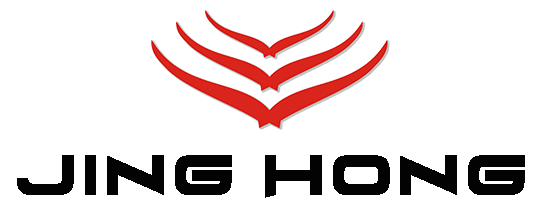
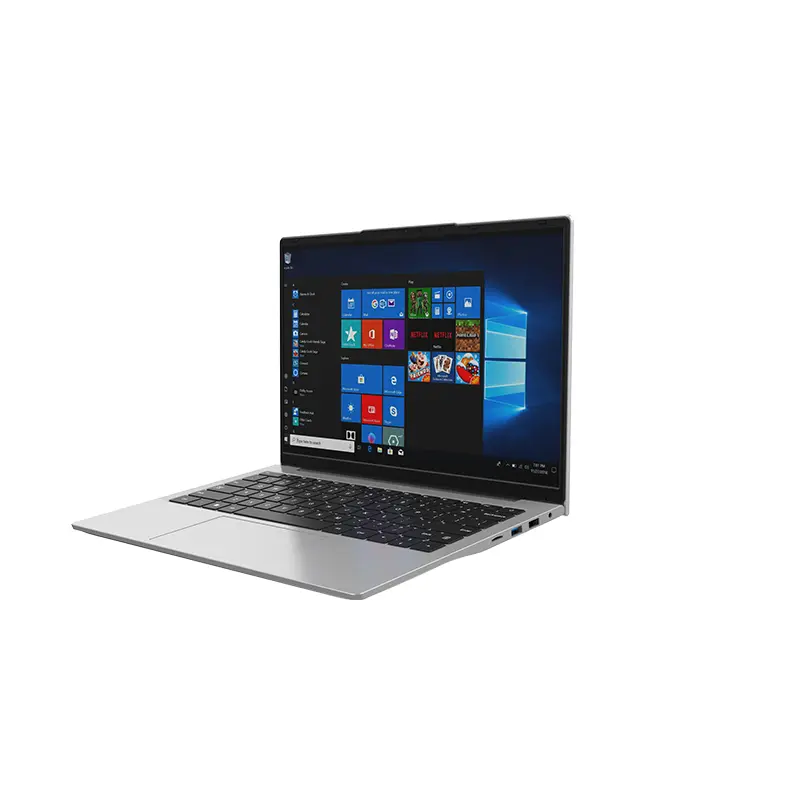 14 Inch Office Notebook
14 Inch Office Notebook Dual Screen Laptop
Dual Screen Laptop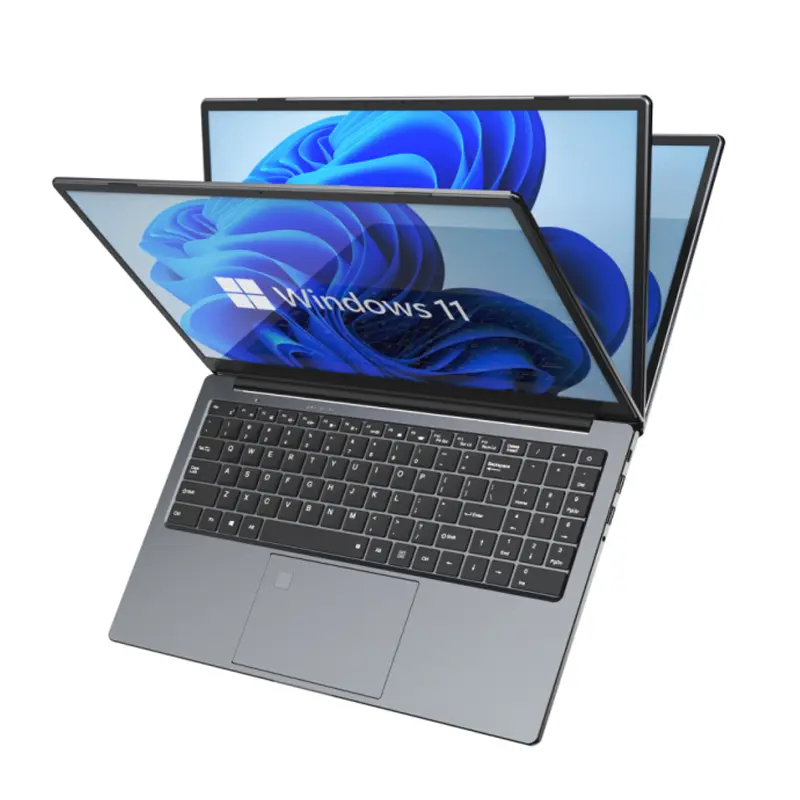 Fingerprint Business Notebook
Fingerprint Business Notebook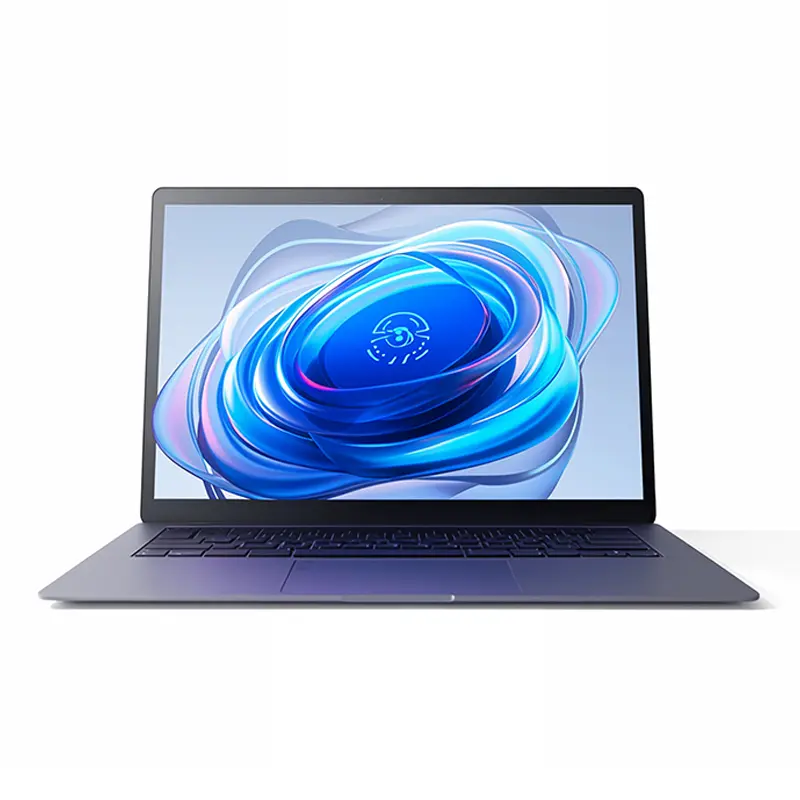 Big Screen Laptop
Big Screen Laptop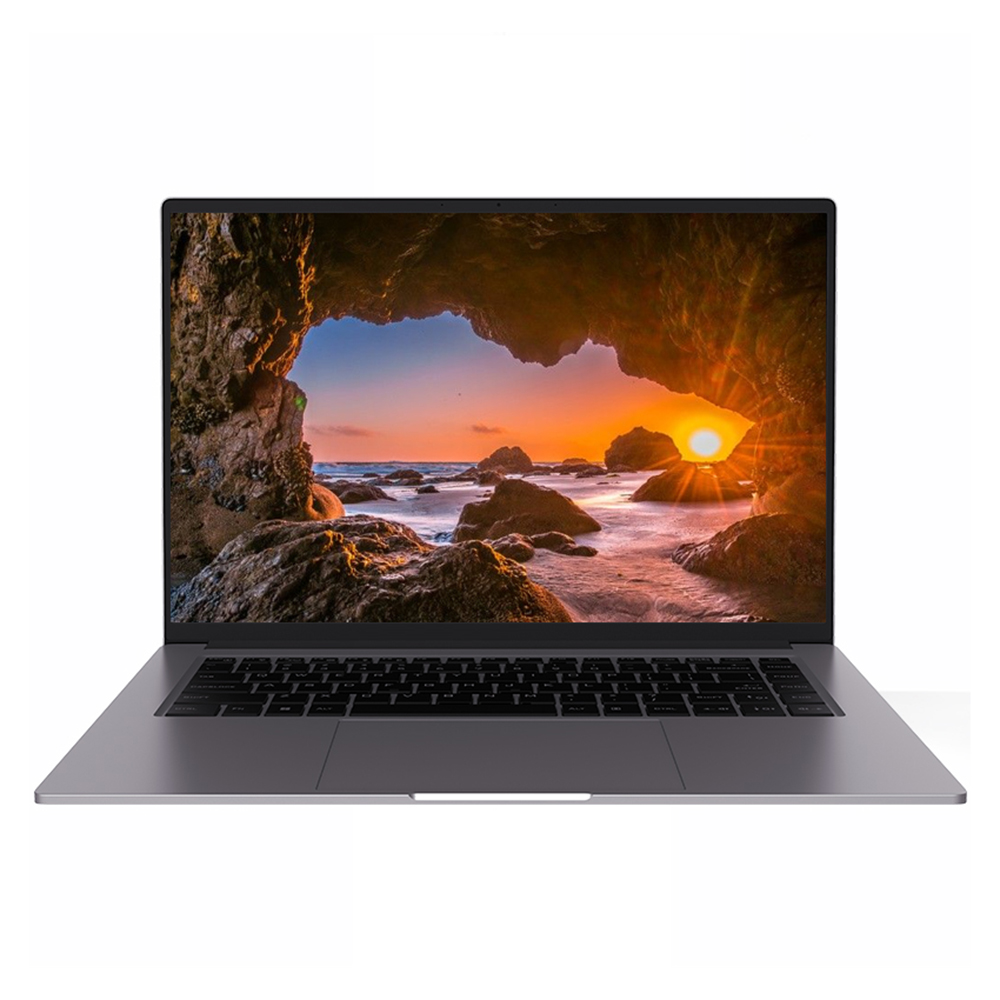 HD Gaming Laptop
HD Gaming Laptop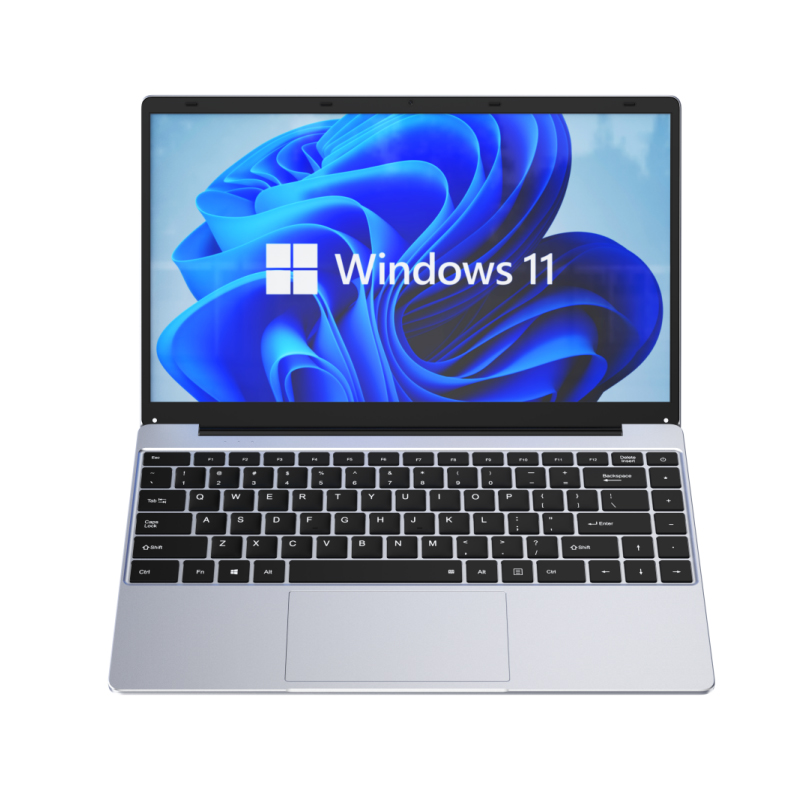 14.1 Inch Student laptops
14.1 Inch Student laptops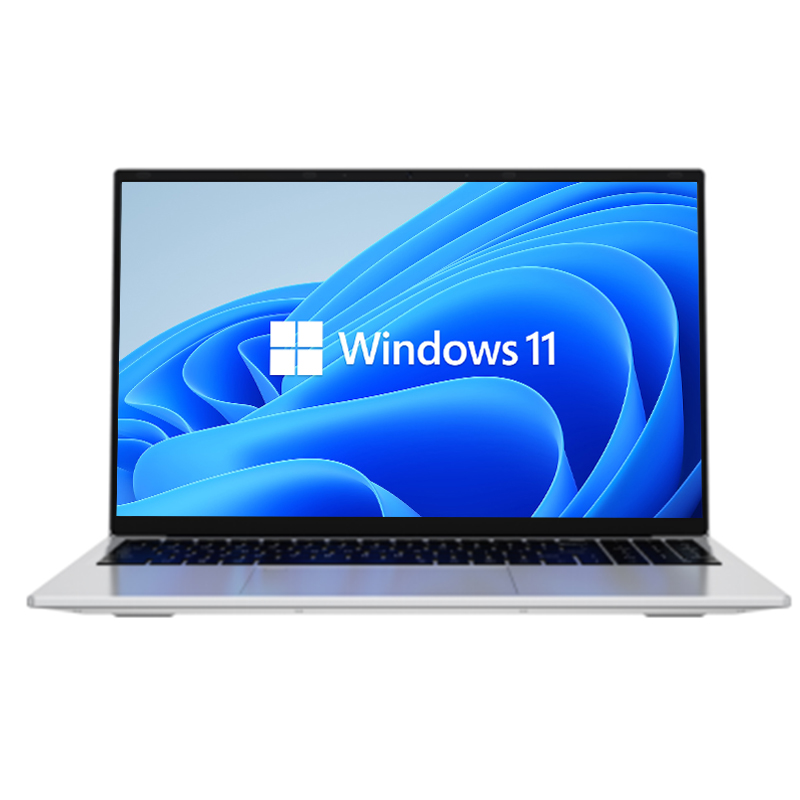 16.1 Inch Office Laptops
16.1 Inch Office Laptops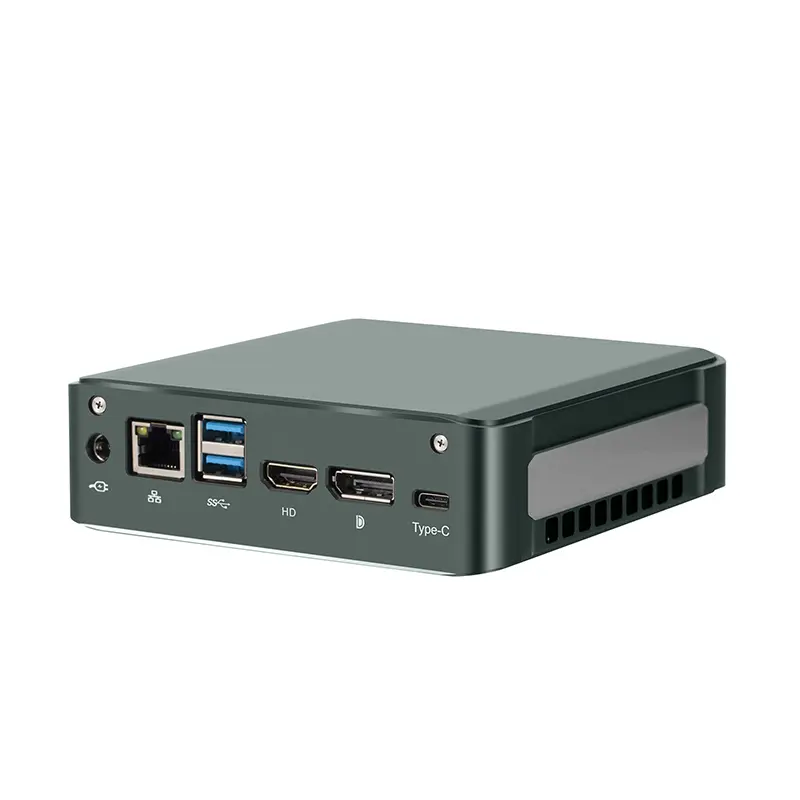 Home Mini Host
Home Mini Host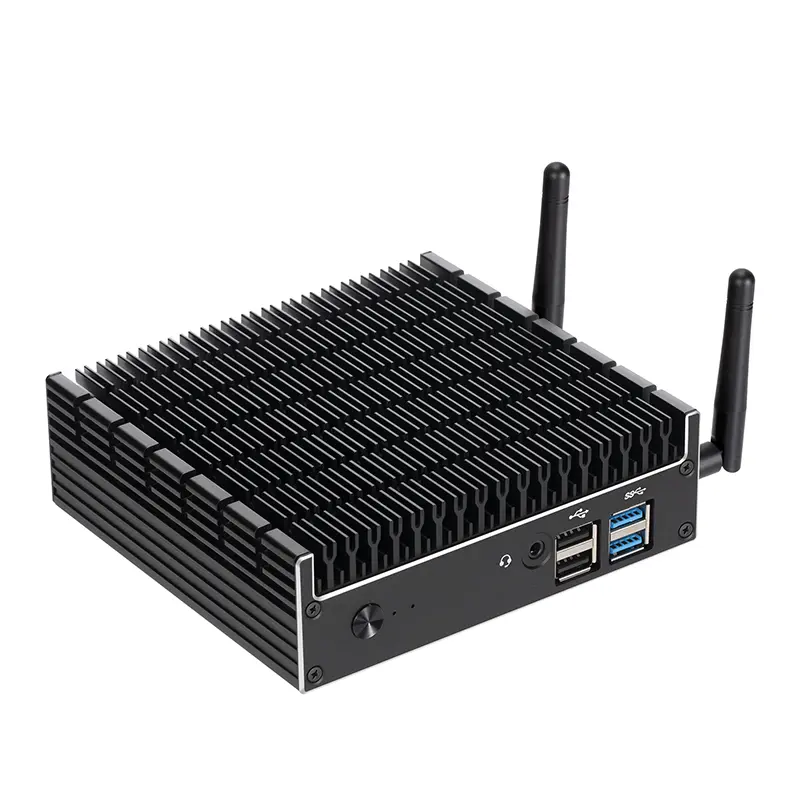 Industrial Micro PC
Industrial Micro PC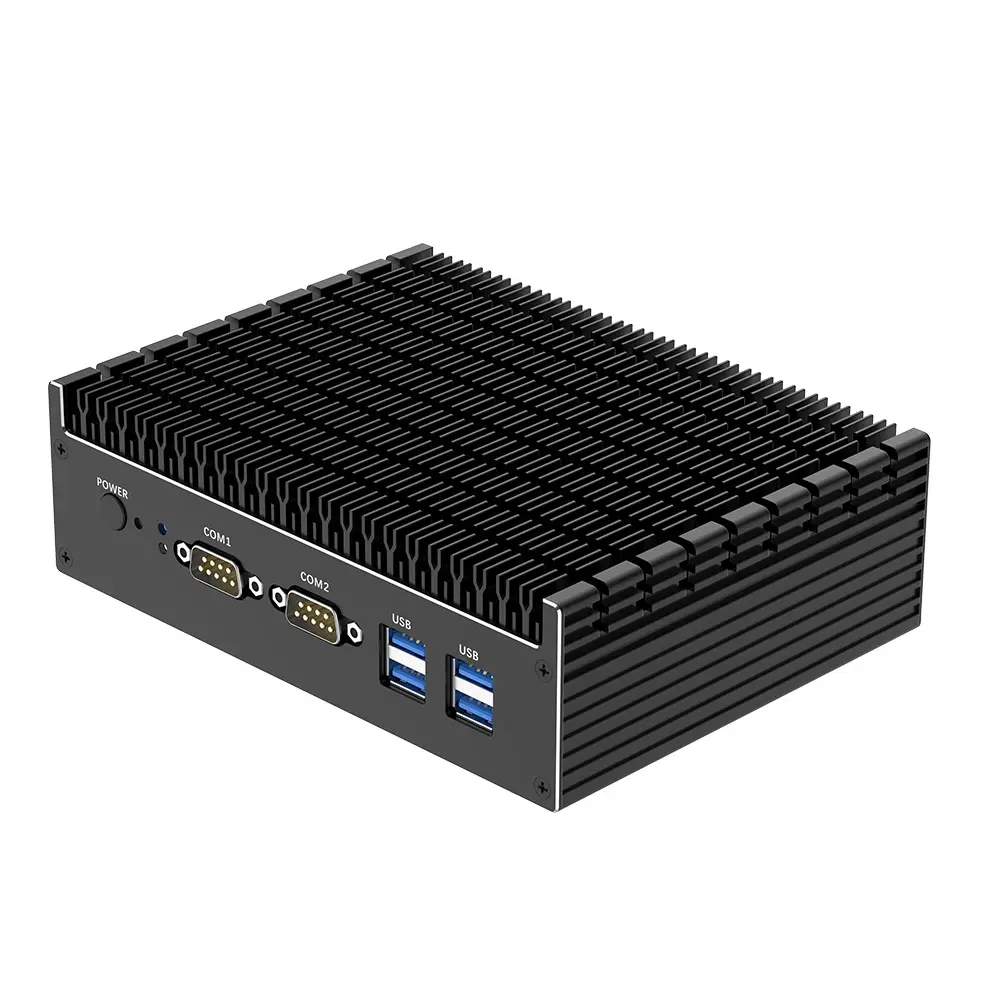 Fanless Industrial Mini PC
Fanless Industrial Mini PC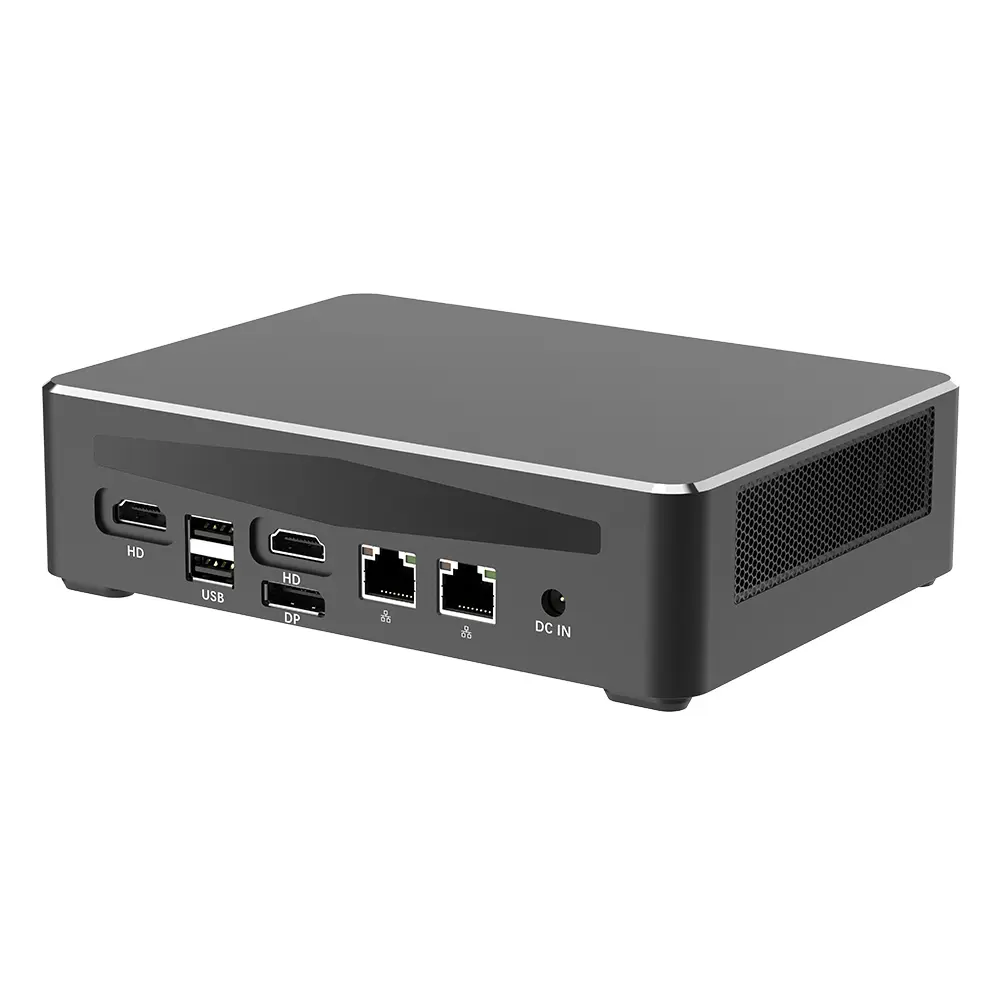 Commercial Mini PC
Commercial Mini PC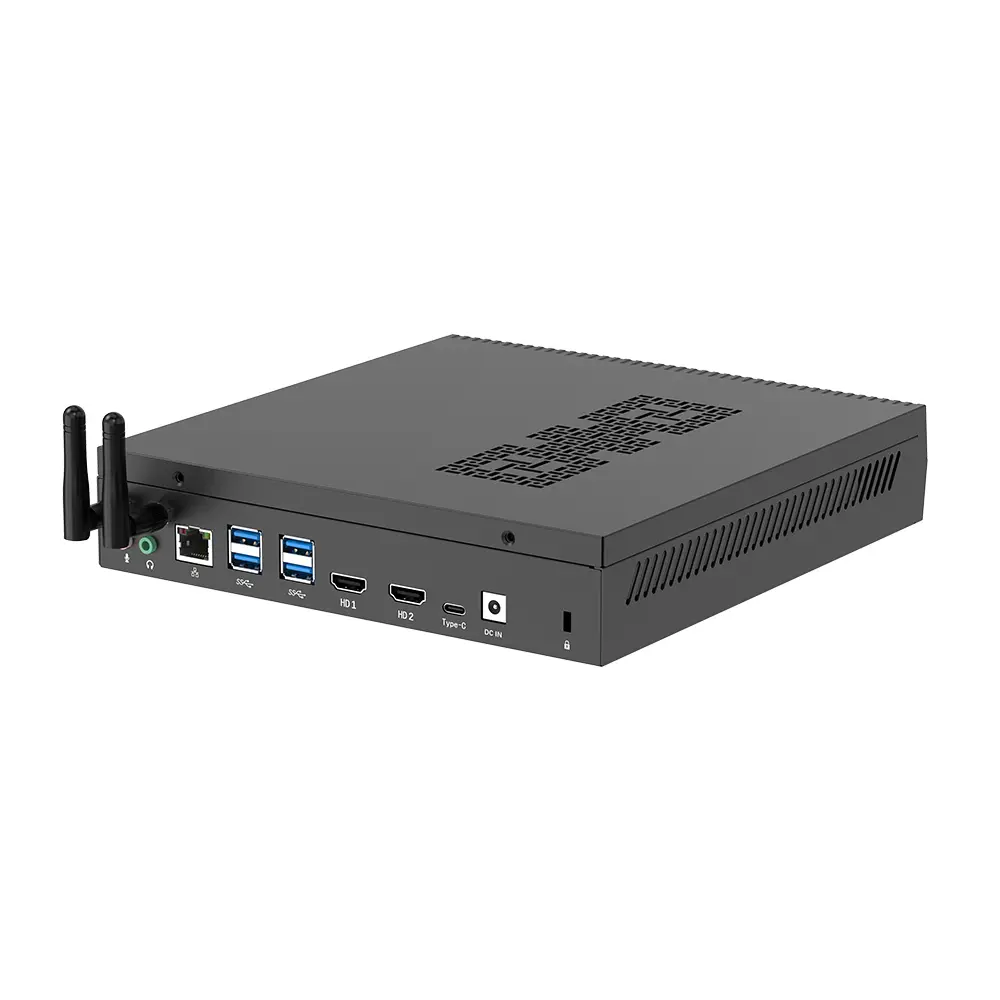 RTX3050TI Game Mini PC
RTX3050TI Game Mini PC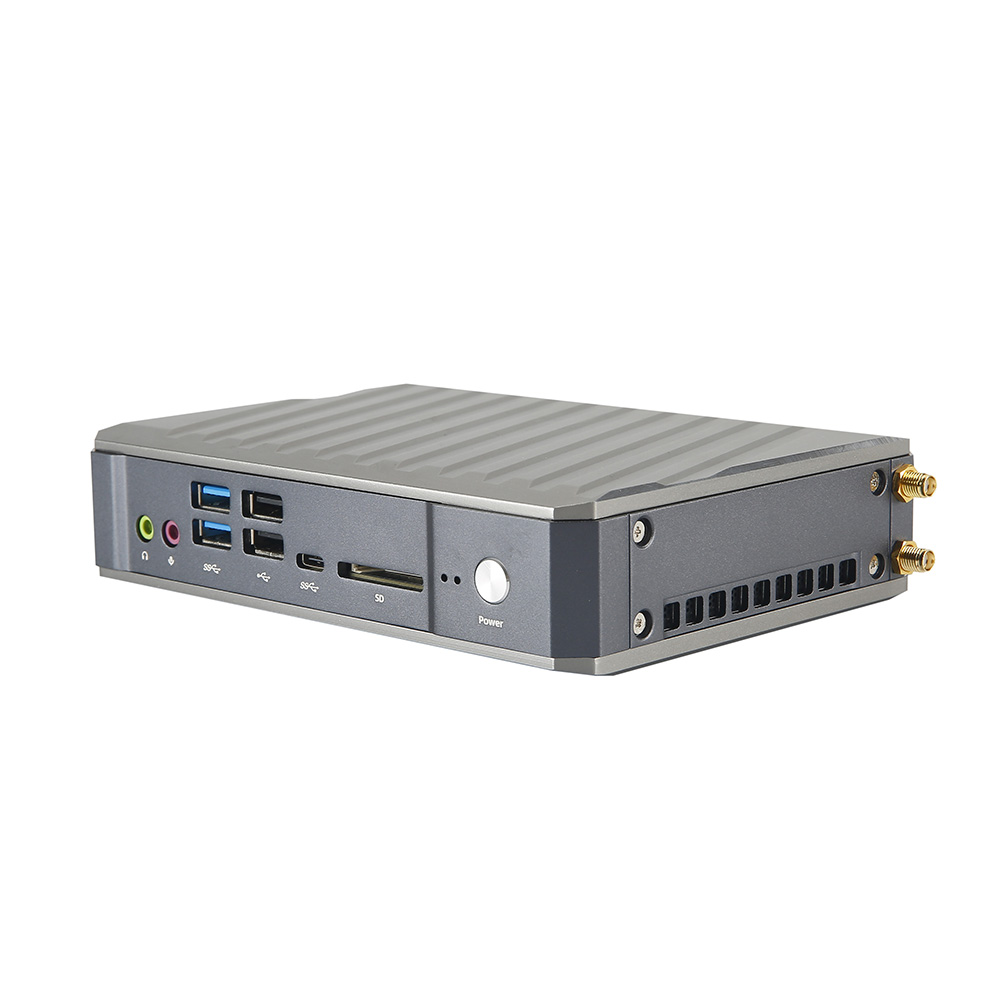 Micro Mini PC
Micro Mini PC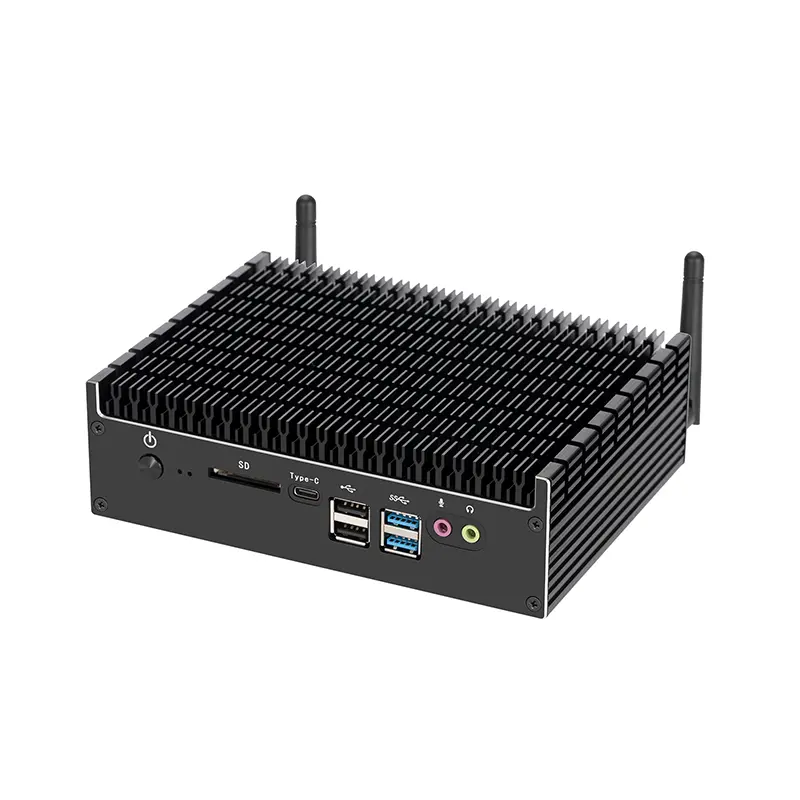 Fanless Mini PC
Fanless Mini PC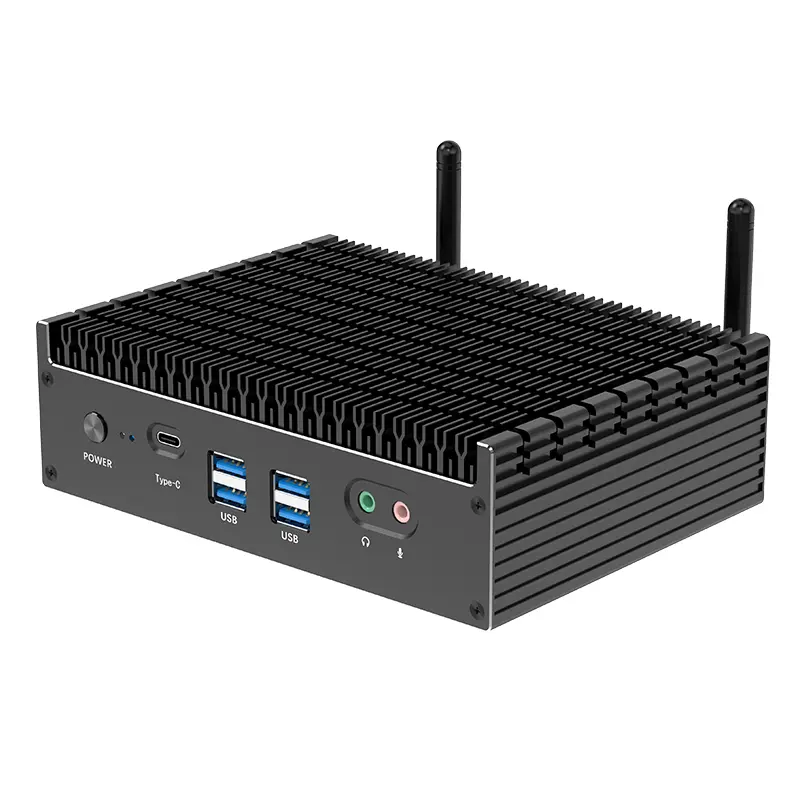 High-end Mini PC
High-end Mini PC More
More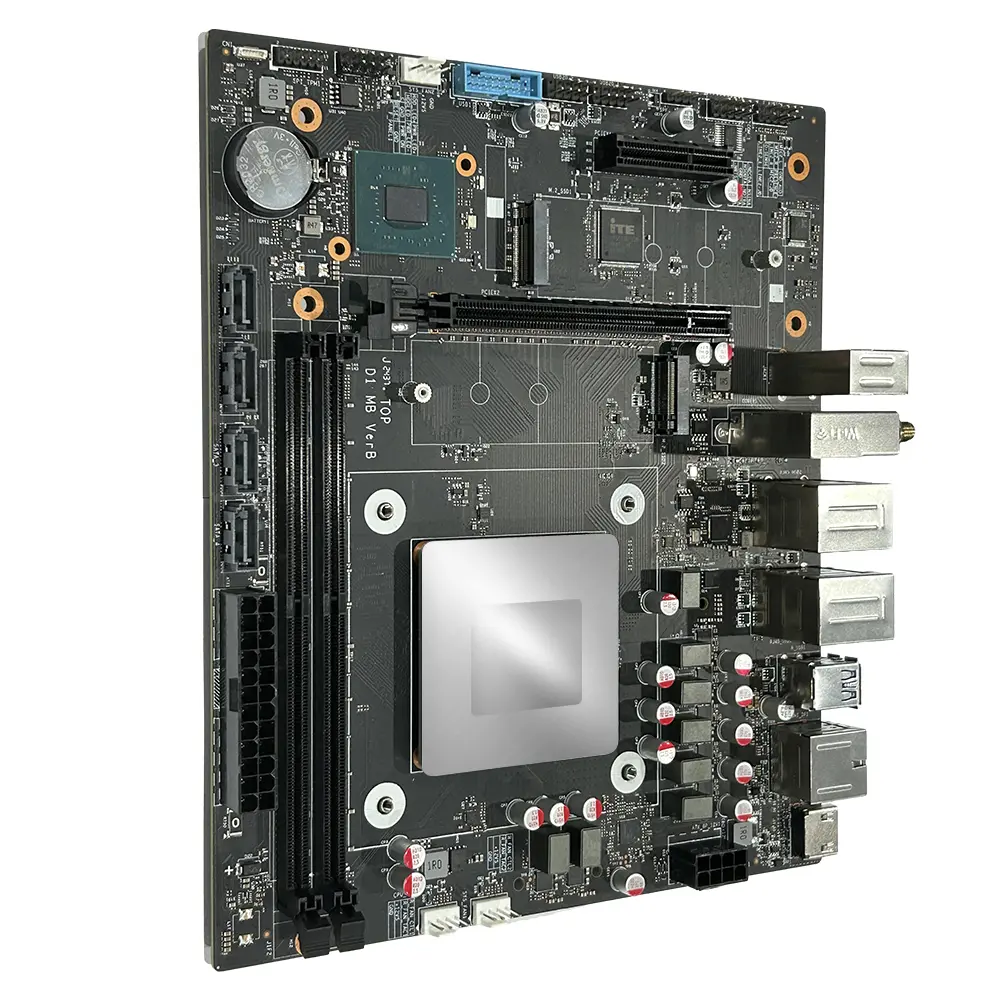 Micro ATX Computer Motherboard
Micro ATX Computer Motherboard